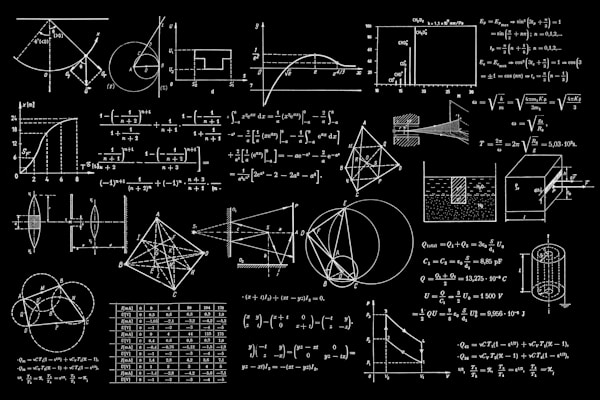IQM just raised €275 million and hit unicorn status. This is for computers that need to be cooled to near absolute zero and still can't factor numbers faster than my 2019 MacBook Pro.
I don't understand quantum physics, but I spent three years working on classical algorithms at a European research lab, and quantum computing feels like the most overhyped shit I've ever seen. These machines manipulate individual atoms and maintain quantum states that literally collapse if you breathe on them wrong. Yet somehow we're calling this "commercial ready."
IQM's best systems have maybe 50-100 qubits. Breaking RSA encryption would need thousands of stable qubits that don't decohere every microsecond. We're not even close.
Europe is Terrified of Missing Another Revolution
Look, Finland isn't Silicon Valley. Nokia got destroyed by the iPhone, and Europe watched Google and Apple eat their lunch for twenty years. Now the EU is throwing money at quantum computing because they're scared of missing the next big thing.
Germany committed €8 billion to quantum research, the EU launched a €1 billion Quantum Flagship program, and suddenly there's a market for European quantum startups. IQM is smart - they're not competing with IBM or Google's cloud services. They sell custom hardware to universities that have quantum budgets to burn.
I visited their lab in Helsinki last year. Impressive setup - dilution refrigerators, microwave electronics, the whole nine yards. But it's still a research project masquerading as a commercial product.
This is Mostly Government Welfare for Physicists
The "quantum computing market" might hit $1 billion next year, but that's governments buying hope, not solutions. IQM makes money selling quantum computers to research institutions that need to spend their quantum budgets on something.
Current applications are ridiculously narrow: simulating molecule interactions for drug companies, solving specific optimization problems that classical computers handle just fine, and researching quantum algorithms that don't work yet. Maybe useful for materials science in ten years. Definitely not replacing AWS.
What They Actually Get Right
At least IQM doesn't pretend their quantum computers will replace regular computers. They focus on specific problems where quantum effects might theoretically provide advantages, even if those advantages disappear the moment real-world noise kicks in.
They co-design systems with research partners instead of building generic quantum computers nobody knows how to use. Smart approach when the technology is still trying to figure out what it's actually good for.
The real value is probably a decade away, if it ever materializes. But governments are spending billions betting quantum computing will matter for national security someday, and IQM positioned themselves perfectly to capture European research dollars while we all wait for the magic to happen.


